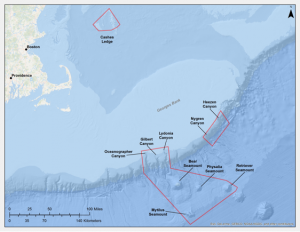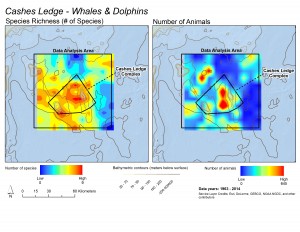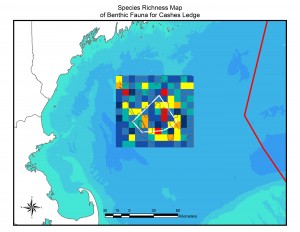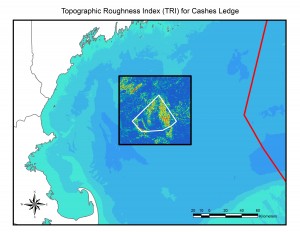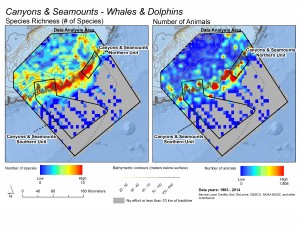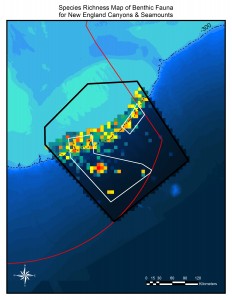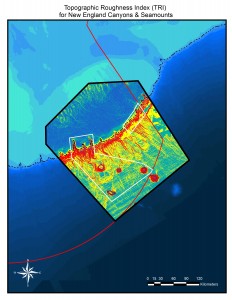March 30, 2016 — A state board on Tuesday issued a tentative decision denying the extension of permits that would allow Cape Wind to build an electricity transmission line to connect its proposed offshore wind farm to land, further complicating the beleaguered project’s already grim prospects.
Members of the Energy Facilities Siting Board will meet next week to finalize a decision on whether or not to renew nine state and local permits the board initially granted as a so-called “super permit” to the offshore wind energy developer in 2009. The permits allowed Cape Wind to construct a transmission line through state-owned territory in Nantucket Sound and Hyannis Harbor and across multiple Cape towns.
Cape Wind had initially requested a two-year extension of the permits to May 1, 2017, which is unreasonable because it would not be enough time for Cape Wind to overcome the obstacles the project faces, according to the siting board’s tentative decision.
“At this time, Cape Wind needs a lengthy, almost open-ended extension period,” siting board presiding officer James Buckley wrote in the 26-page document. “An open-ended extension obviously would be unreasonbable. Any extension of the magnitude needed here, especially in light of the minimal investigation and review by Cape Wind for this proceeding, likewise would be unreasonable.”
The decision would be yet another major setback for the project, which has faced stiff opposition since it was first proposed in 2001. Last year, it suffered a major blow when Eversource Energy and National Grid canceled contracts to buy power from the 130-turbine wind farm.

